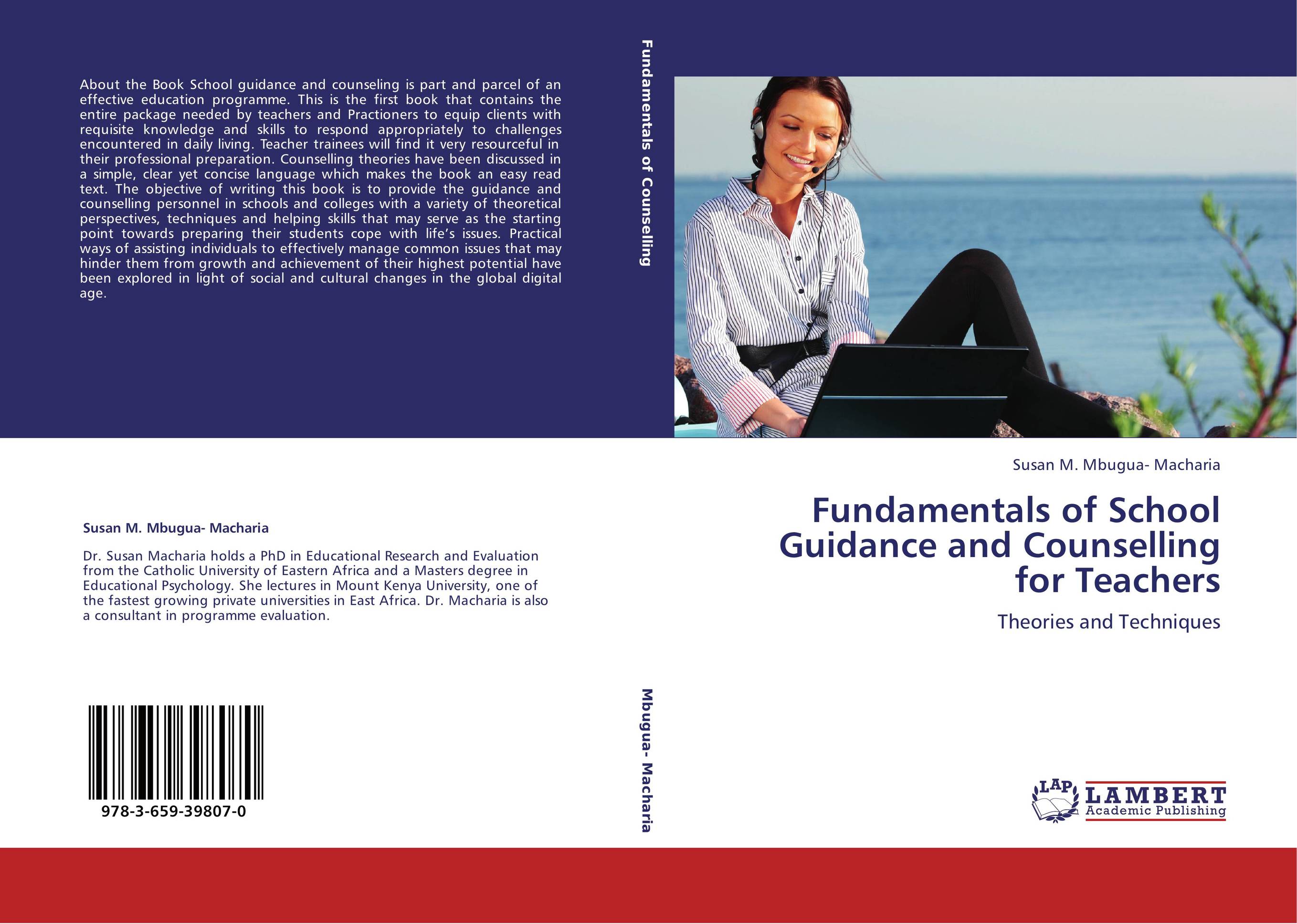| Поиск по каталогу |
|
(строгое соответствие)
|
- Профессиональная
- Научно-популярная
- Художественная
- Публицистика
- Детская
- Искусство
- Хобби, семья, дом
- Спорт
- Путеводители
- Блокноты, тетради, открытки
Fundamentals of School Guidance and Counselling for Teachers. Theories and Techniques

В наличии
| Местонахождение: Алматы | Состояние экземпляра: новый |

Бумажная
версия
версия
Автор: Susan M. Mbugua- Macharia
ISBN: 9783659398070
Год издания: 2013
Формат книги: 60×90/16 (145×215 мм)
Количество страниц: 212
Издательство: LAP LAMBERT Academic Publishing
Цена: 49932 тг
Положить в корзину
Позиции в рубрикаторе
Сферы деятельности:Код товара: 124207
| Способы доставки в город Алматы * комплектация (срок до отгрузки) не более 2 рабочих дней |
| Самовывоз из города Алматы (пункты самовывоза партнёра CDEK) |
| Курьерская доставка CDEK из города Москва |
| Доставка Почтой России из города Москва |
Аннотация: About the Book School guidance and counseling is part and parcel of an effective education programme. This is the first book that contains the entire package needed by teachers and Practioners to equip clients with requisite knowledge and skills to respond appropriately to challenges encountered in daily living. Teacher trainees will find it very resourceful in their professional preparation. Counselling theories have been discussed in a simple, clear yet concise language which makes the book an easy read text. The objective of writing this book is to provide the guidance and counselling personnel in schools and colleges with a variety of theoretical perspectives, techniques and helping skills that may serve as the starting point towards preparing their students cope with life’s issues. Practical ways of assisting individuals to effectively manage common issues that may hinder them from growth and achievement of their highest potential have been explored in light of social and cultural changes in the global digital age.
Ключевые слова: Counselling, Guidance, Trauma, Suicide, teacher counsellors, school context, Counselling Theories



